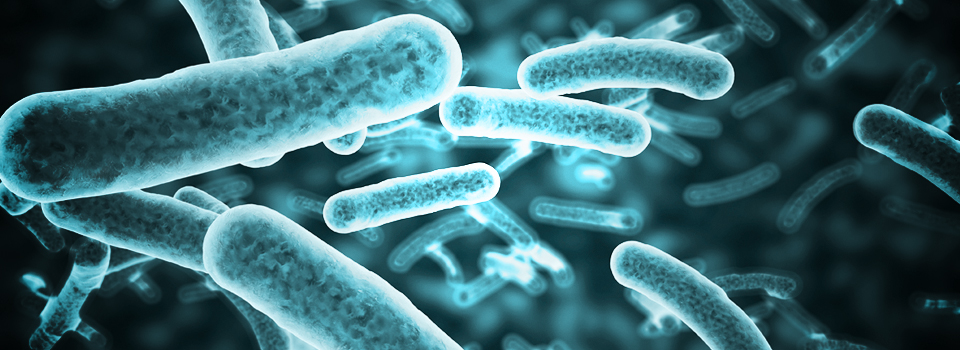| Line 88: | Line 88: | ||
<!-- Left and right controls --> | <!-- Left and right controls --> | ||
<a class="left carousel-control" href="#myCarousel" role="button" data-slide="prev"> | <a class="left carousel-control" href="#myCarousel" role="button" data-slide="prev"> | ||
| − | <span class=" | + | <span class="" aria-hidden="true"></span> |
<span class="sr-only">Previous</span> | <span class="sr-only">Previous</span> | ||
</a> | </a> | ||
<a class="right carousel-control" href="#myCarousel" role="button" data-slide="next"> | <a class="right carousel-control" href="#myCarousel" role="button" data-slide="next"> | ||
| − | <span class=" | + | <span class="" aria-hidden="true"></span> |
<span class="sr-only">Next</span> | <span class="sr-only">Next</span> | ||
</a> | </a> | ||
Revision as of 18:08, 6 October 2016
Abstract
Lactococcus lactis, a generally recognised as safe (GRAS) bacterium commonly used in food production, is highly amenable to genetic manipulation. We aim to develop a synthetic L. lactis-based platform that can deliver proteins to immune cells to precisely influence the host immune response for use in the treatment of various diseases. Potential applications which we have investigated include vaccination strategies and macrophage modification. We have developed the platform as a vaccine against leishmaniasis, a neglected tropical disease increasing in geographical distribution. LJM11 is an immunogenic salivary protein of the sandfly vector, Lutzomyia longipalpis. Our inexpensive platform, through simple oral administration, has the capacity to deliver this protein to antigen-presenting cells, and potentially immunise against the life cycle of leishmaniasis. Besides vaccination strategies, this platform may be employed to modify the phenotype of other phagocytic cells associated with diseases such as cancer.




